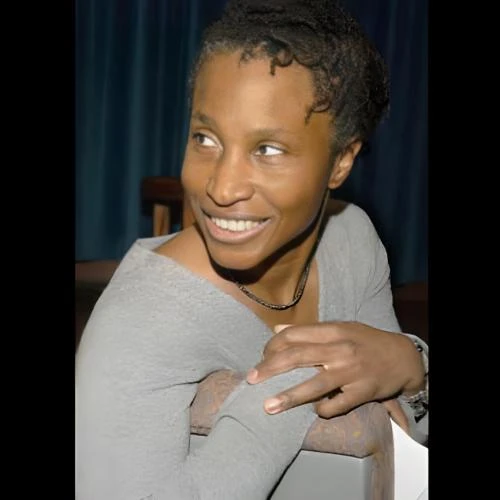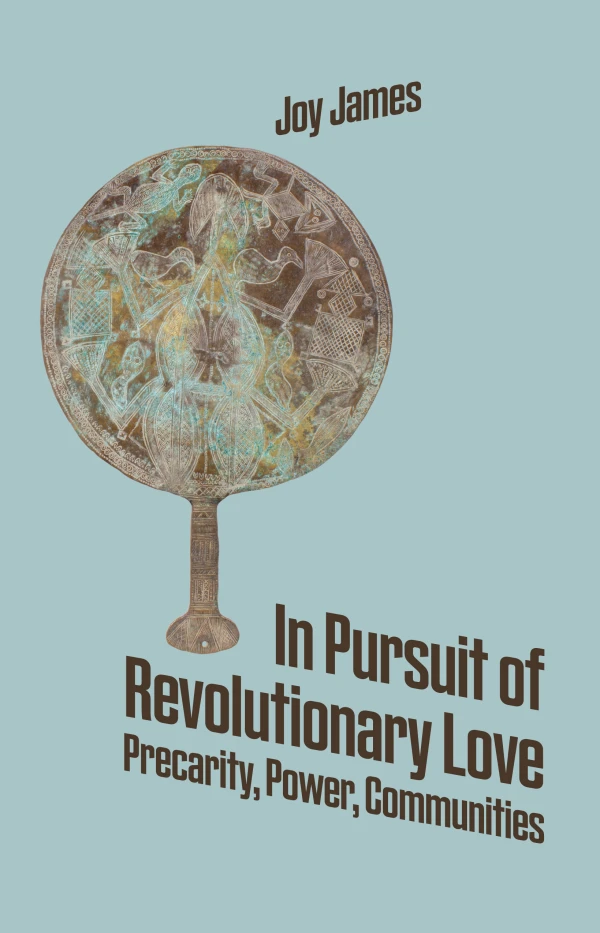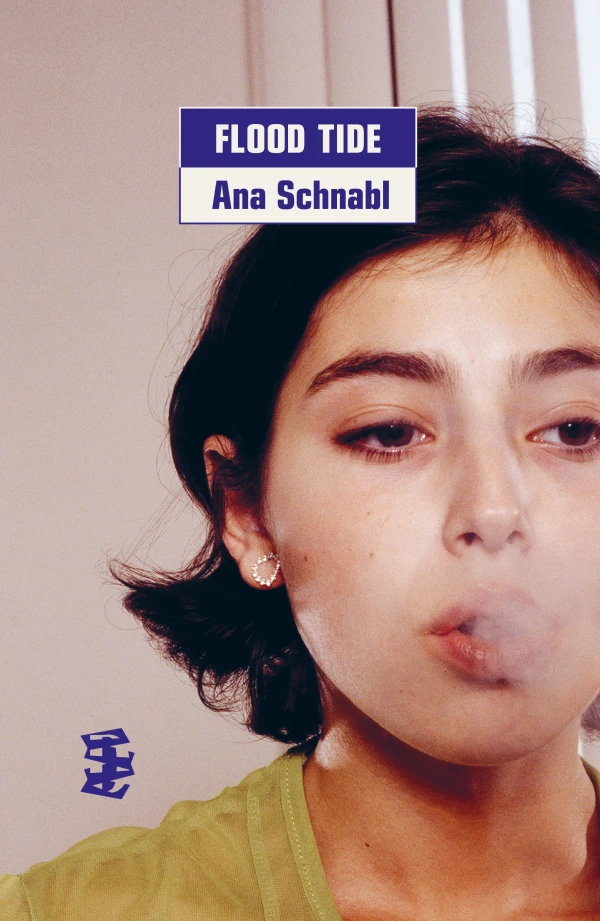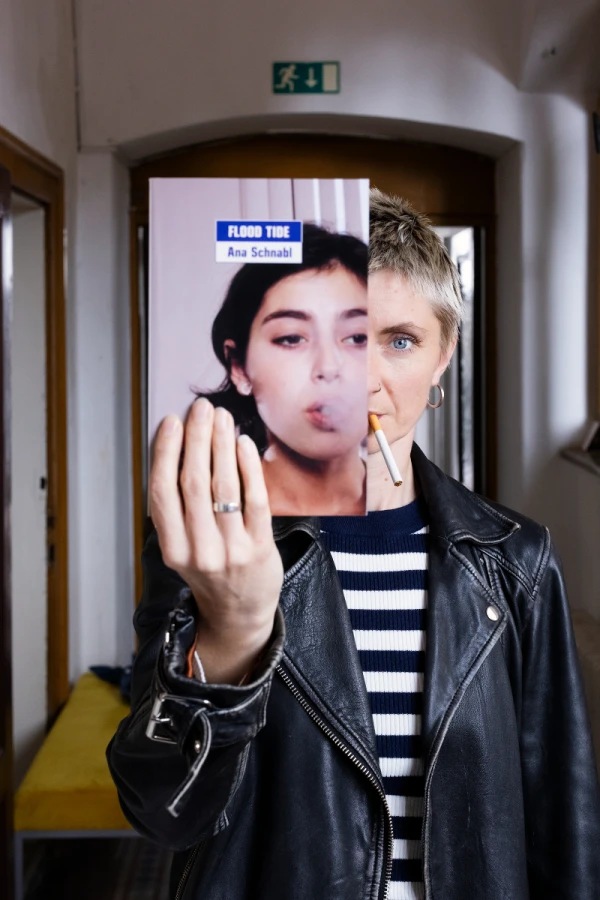The political theorist Joy James teaches at Williams College, Williamstown, Massachusetts. Editor of The Angela Y. Davis Reader (Blackwell, 1998), Imprisoned Intellectuals (Rowman & Littlefield, 2003), The New Abolitionists (SUNY Press, 2005) and Warfare in the American Homeland (Duke University Press, 2007), James is also author of Resisting State Violence (University of Minnesota Press, 1996), Transcending the Talented Tenth (Routledge, 1997), Seeking the Beloved Community (SUNY Press, 2013), New Bones Abolition: Captive Maternal Agency and the Afterlife of Erica Garner (Common Notions, 2023), and the forthcoming Contextualizing Angela Davis.





